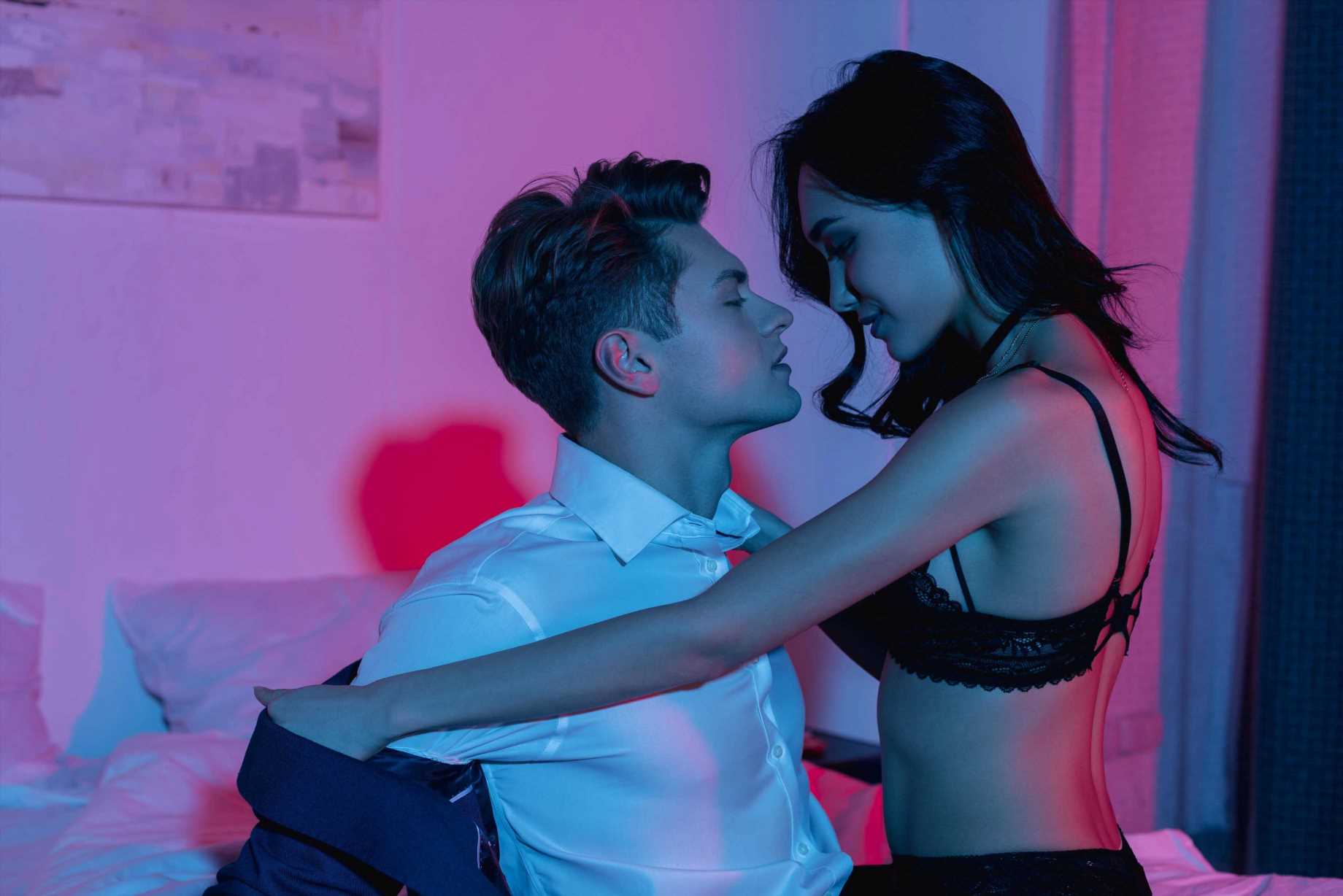By Jonathan Allen
(Reuters) – The federal prosecution of three former Minneapolis police officers who took part in the deadly arrest of George Floyd begins on Thursday in a trial that turns on when an officer has a duty to intervene in a colleague's excessive use of force.
Tou Thao, J. Alexander Keung and Thomas Lane are charged with violating Floyd's civil rights during the arrest on a road outside a Minneapolis grocery store in May 2020.
All three men were peripheral characters in a chaotic, violent scene that galvanized some of the largest anti-racism protests in the United States. They can all be glimpsed at times in a widely seen cellphone video that shows their colleague Derek Chauvin with his knee on the handcuffed Black man's neck for more than nine minutes.
A jury found Chauvin, 45, guilty of murder and manslaughter in Floyd's death at the end of a nationally televised state trial in April 2021, and a Minnesota judge sentenced him to 22-1/2 years in prison.
Another jury, the selection of which begins on Thursday in the U.S. District Court in St. Paul, will now be asked to decide what, if anything, his colleagues should have done to stop Chauvin kneeling on Floyd, who was suspected of buying cigarettes with a counterfeit $20 bill.
Federal prosecution of U.S. police officers for killing someone while on duty are rare; the prosecution of other officers for willfully violating someone's rights by not stopping a colleague who is using excessive violence is even rarer, legal observers say.
"Now the question is: who else gets held accountable?" said David Schultz, a law professor at the University of Minnesota. "Am I my fellow officer's keeper? If I see Derek Chauvin do something wrong, do I have some kind of duty to intervene?"
Mark Osler, a law professor at Minnesota's University of St. Thomas and a former federal prosecutor, said most police misconduct trials, including that of Chauvin, focus on an officer's actions.
"This is about the actions that were not taken," he said. "This is a very different trial."
Chauvin, who is white, was also charged alongside his colleagues by federal prosecutors with violating Floyd's civil rights. He changed his plea to guilty last December.
Thao, Keung and Lane, who could face years in prison if convicted, have all pleaded not guilty.
Prosecutors from the U.S. Department of Justice's civil rights division will seek to convince the jury that the men "willfully failed to aid Floyd" as he fell unconscious beneath Chauvin's knee. The indictment says https://www.justice.gov/opa/press-release/file/1392451/download that a person under arrest has a right to "be free from a police officer's deliberate indifference to his serious medical needs."
Thao and Keung face an additional count in the indictment, which says they "wilfully failed" to stop Chauvin using excessive force against a prone, handcuffed Floyd, violating Floyd's right to be free from unreasonable seizure.
Lane, who helped Keung physically restrain Floyd's lower body, avoided being charged with the second count in part because videos record him asking his colleagues whether they should roll Floyd on his side, a position in which it is easier to breathe. Thao, meanwhile, contended with anguished onlookers, who screamed at police that Floyd had stopped breathing, by ordering them to stay on the sidewalk.
In his plea agreement with prosecutors, Chauvin agreed with the prosecution assertion that Thao and Lane did and said nothing to stop Chauvin's use of force.
Many of the onlookers, who testified at Chauvin's state trial, are expected to be called as witnesses at the federal trial. Neither prosecutors nor defense lawyers have publicly said if they will call Chauvin to testify.
Thao had worked for the Minneapolis Police Department for eight years; Lane and Keung had joined only a few months prior to the arrest, and Chauvin was their field training officer, something their defense lawyers are expected to emphasize.
Legal experts said the prosecution might accelerate challenges to the "thin blue line" culture prevalent in U.S. police departments that discourages individual officers from speaking out against colleagues' misconduct.
"It does run counter to the old-style culture of law enforcement, but it is not new," said Candace McCoy, a criminal justice professor at New York's John Jay College. "We've seen this concept develop over the past decade, with several large police departments that specially train officers on a duty to intervene."
(Reporting by Jonathan Allen in New York; editing by Paul Thomasch and Alistair Bell)
Source: Read Full Article

